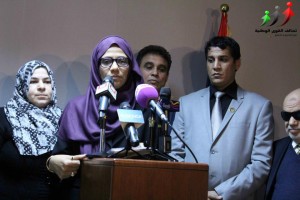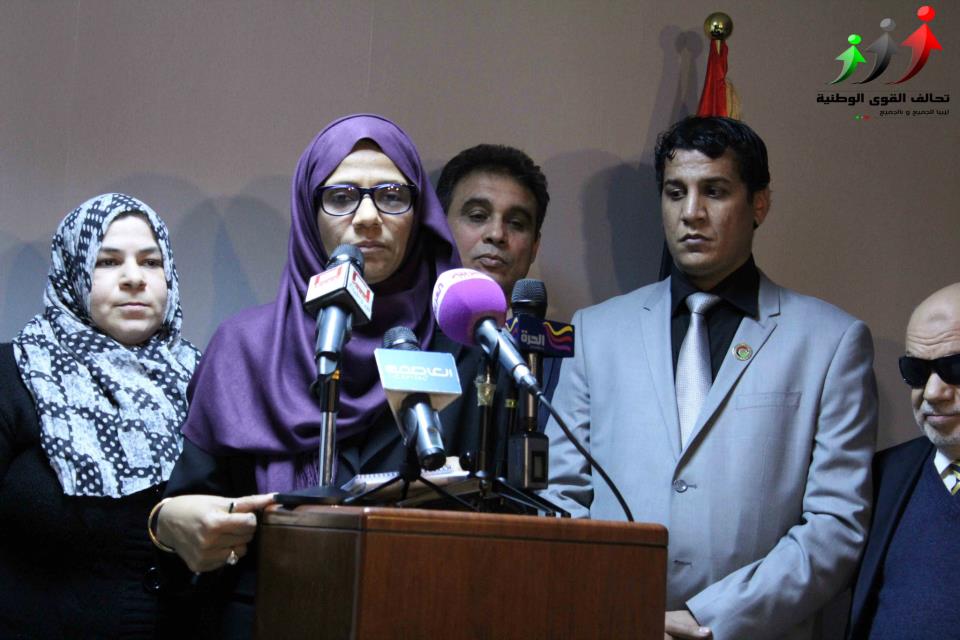By Ryszard Bouvier.

Tripoli, 8 January:
Mahmoud Jibril’s National Forces Alliance – with 39 party seats the largest bloc within the 200-member General National . . .[restrict]Congress – has withdrawn from the assembly, in protest over “poor performance” and “unacceptable practices” in Libya’s first elected legislative body.
The withdrawal was announced on Sunday. In a statement, the NFA declared: “The Libyan people put their faith in our hands, and if we are not able to perform accordingly, we need to turn down the responsibility, lest we be considered oppressors. We needed to adopt this position in order to single out some of the shortcomings and we ask people to show their solidarity with us.”
The declaration then listed its issues with Congress and its president, Mohamed Magarief. These included excessive delays in establishing the Constituent Assembly that will draft the Constitution and unilateral decisions by the presidency without consulting GNC members, thereby hindering Congress from carrying out its core functions.
The NFA also condemned what it described as the president’s inaction in the face of security threats and violent disturbances of GNC sessions. It also cited what it believed is a lack of standard procedures and rules to steer Congress meetings.
The harshness of the accusations seems to point to rising tensions within the legislature.
At a press conference on Monday, party members returned to the stalled decision on the Constituent Assembly, which they said had been repeatedly pushed back, far beyond the extension period provided for in the 2011 constitutional declaration.
The party representatives also emphasised the difficult working conditions for parliamentarians, given that GNC sessions have been disrupted by violent protests on numerous occasions.
The official head of the NFA in Congress, Ibrahim Al-Ghariani, said it was a temporary withdrawal until demands were met, according to AFP.
Reactions to the withdrawal have been mixed, with many Libyans calling the decision “irresponsible” and “counterproductive”.
“Resignation is the language of those who have lost everything”, wrote one commentator on The Libyan Nation website.
“We elected you to form a political resistance, not so that you would resign at the first occasion!”, commented another on the official NFA Facebook page.
The withdrawal has also sparked lively debates on Twitter, where the NFA appears to have numerous supporters who are nevertheless disappointed at the party’s decision.
Many point out that, regardless of problems within the GNC, boycotting it does not serve the interest of the nation and its people any better.
Others have sided with the NFA, congratulating the party for its decisive stance against unjustified meddling in Congress affairs by Magarief and also for putting the constitutional issue back on the agenda.
Some also see the withdrawal as a step to marginalise influential figures, such as the party leader Jibril, who held senior positions within the Qaddafi regime.
Looked at this way, the NFA through its decision may have played into the hands of its adversaries. Equally it may be an attempt to distract attention from accusations against some of its members.
However, most people seem to agree that the withdrawal mainly reflects pent-up frustrations among NFA delegates, at the GNC’s slow and tedious decision-making process, coupled with their loss of leverage, in comparison to other political forces that have gained influence since Congress was elected. [/restrict]








